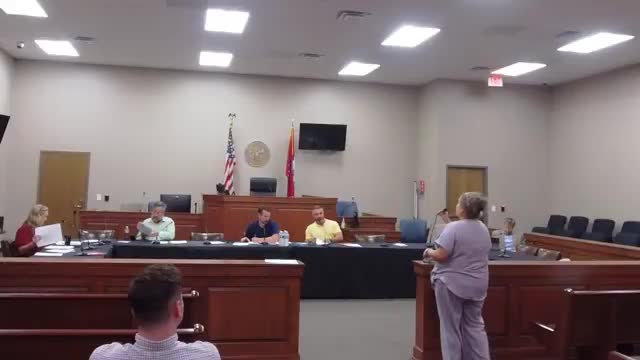Amy Prince, executive director of Bethlehem House, briefed the Budget and Finance Committee on the shelter’s transitional model, the services provided and how county support is used.
Bethlehem House operates a 30‑bed facility that serves men, women and families on individualized plans that focus first on health and stability (medical, dental, vision and mental‑health services) and then on employment and financial navigation. Prince said clients may remain in the program for up to two years, though most do not, and the program emphasizes savings, employment pathways and case‑managed transitions to independent housing.
Prince said the organization declined HUD funding that would have required a program change to Housing‑First approaches because Bethlehem House believes its transitional model yields strong outcomes; she said the program saw a reduction in grant revenue equivalent to roughly 40% of its budget when that federal/state funding stream changed. The county appropriation is used to fill gaps such as temporary assistance and supports that are not covered by grants or Medicaid.
Prince described results: she said short stays of three months produce an approximate 89 percent success rate (defined by the program as clients leaving without returning to homelessness and decreasing public-service dependency). She gave examples of clients who advanced from entry‑level jobs to supervisory positions and who saved toward down‑payments or housing costs while in program case management.
The committee and Prince did not take formal action; she asked for continued county support as part of a diverse funding strategy.

